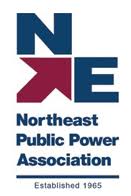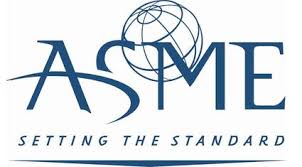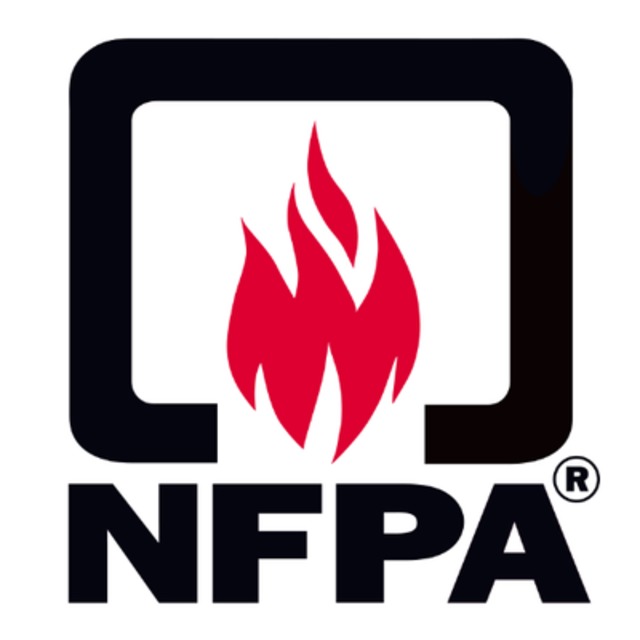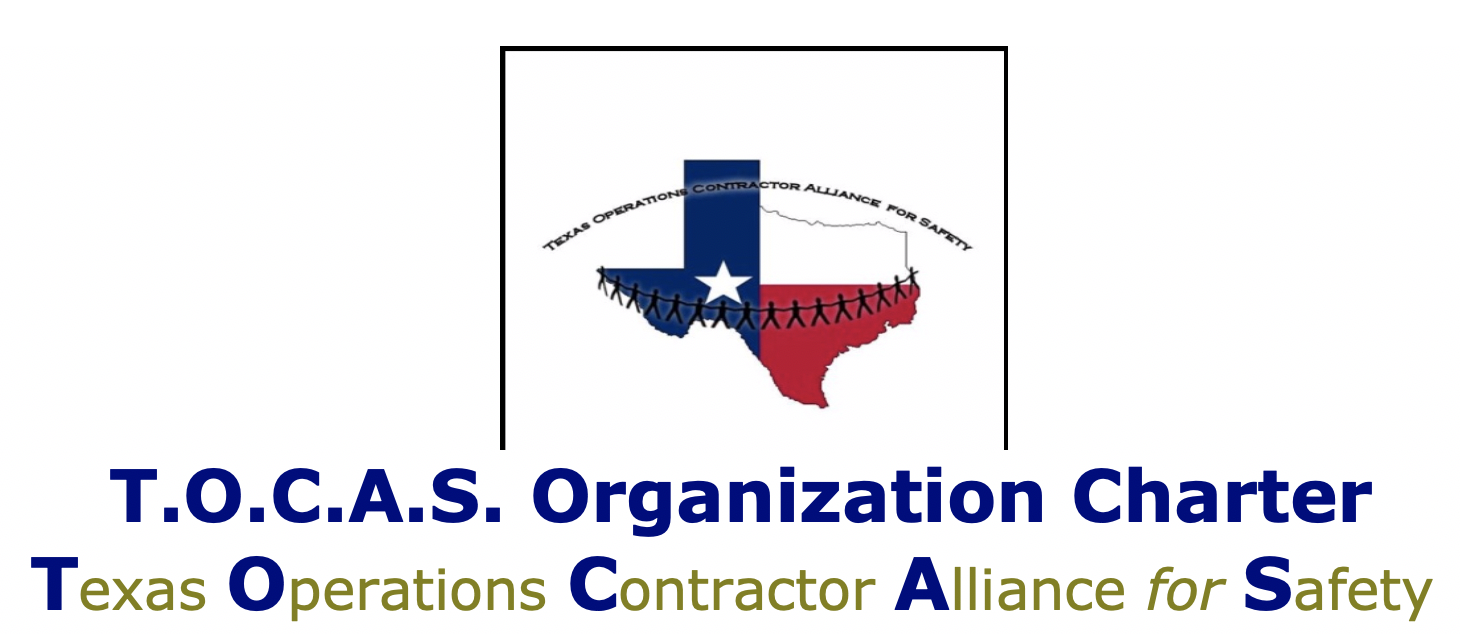Following the investigation of a natural gas explosion in Loudon County, Virginia, in 1998, the National Transportation Safety Board (NTSB) recommended (Recommendation P-01-002) that PHMSA require that excess flow valves be installed in all new and renewed gas service lines, regardless of a customer's classification, when the operating conditions are compatible with readily available valves.
Natural Gas Operators are now required to give all customers notice of the option to request an EFV installation, except where such installation is not required under § 192.383(c) (i.e., where the service line does not operate at a pressure of 10 psig or greater through the year, the operator has experienced contaminants in the gas stream that could interfere with EFV operation, an EFV could interfere with operation and maintenance activities, or an EFV meeting performance standards in § 192.381 is not available).
Excess Flow Valves (EFVs) are safety devices installed on natural gas distribution pipelines to reduce the risk of accidents. EFVs are now required for NEW or REPLACED gas service lines servicing single-family residences (SFR), as that phrase is defined in 49 CFR 192.383(a).
In a Final Rule published in the Federal Register on October 14, 2016, PHMSA made changes to 49 CFR Part 192 to expand the requirement for EFVs, to include new or replaced branched service lines servicing SFRs, multifamily residences, and small commercial entities consuming gas volumes NOT EXCEEDING 1,000 standard cubic feet per hour (SCFH).
PHMSA also amended Part 192 to require the use of either manual service line shut-off valves (e.g., curb valves) or EFVs, if appropriate, for new or replaced service lines with meter capacities EXCEEDING 1,000 SCFH.
This final rule also requires operators to notify customers of their right to request installation of EFVs on service lines that are not being newly installed or replaced. PHMSA left the question of who bears the cost of installing EFVs on service lines not being newly installed or replaced to the operator's rate-setter. This final rule, entitled "Expanding the Use of Excess Flow Valves in Gas Distribution Systems to Applications Other Than Single-Family Residences", is effective April 14, 2017.













